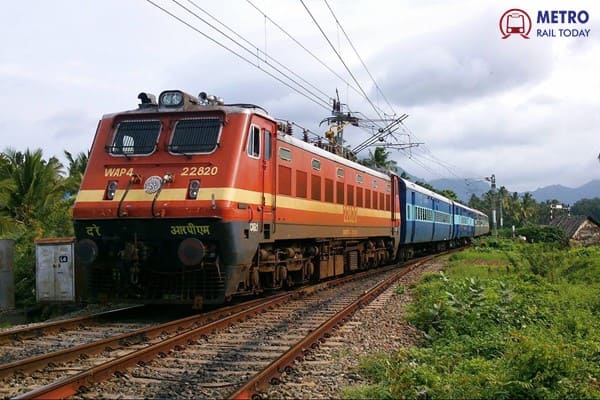 Titagarh Rail Systems Bags ₹273.24-Crore Rolling Stock Contract from Indian Railways
Titagarh Rail Systems Bags ₹273.24-Crore Rolling Stock Contract from Indian Railways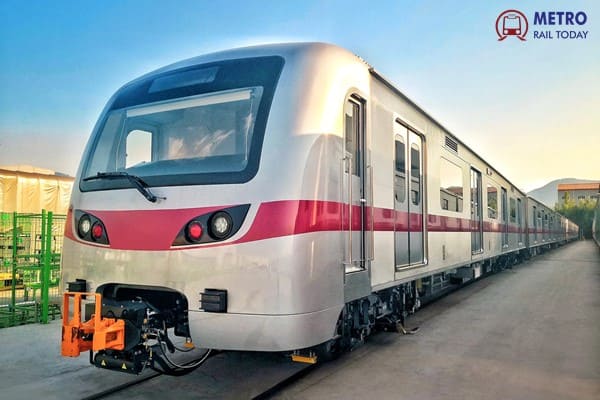 Metro Rail Transit Line (MRT-7): A New Way Forward for the North
Metro Rail Transit Line (MRT-7): A New Way Forward for the North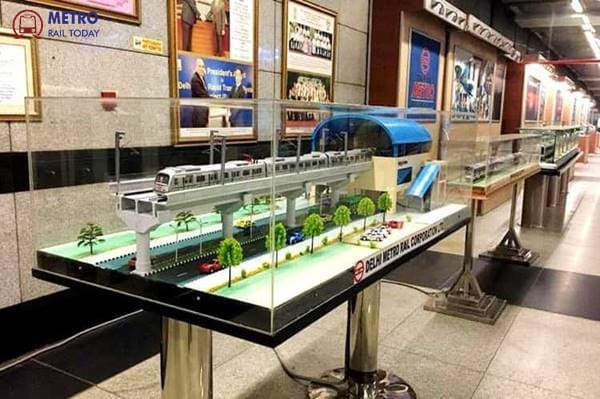 Delhi Metro inaugurates New State-of-the-Art Museum at Supreme Court Metro Station
Delhi Metro inaugurates New State-of-the-Art Museum at Supreme Court Metro Station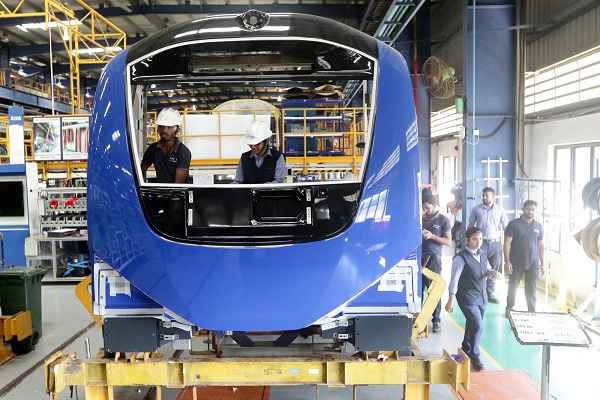 Knorr-Bremse unviels plan to invest ₹1,907 Crore in New Rail Manufacturing Facility in Chennai
Knorr-Bremse unviels plan to invest ₹1,907 Crore in New Rail Manufacturing Facility in Chennai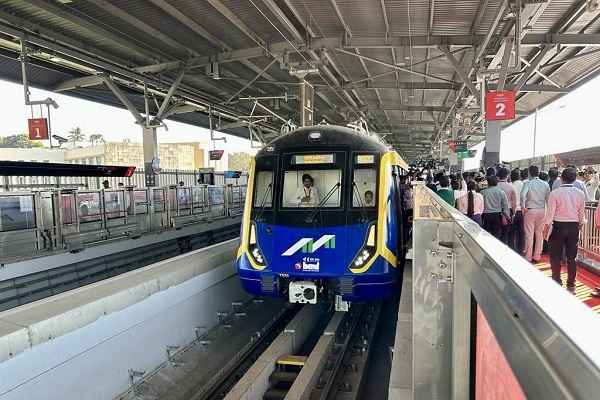 Landmark-Neev JV bags ₹151.2 crore station finishing contract for Mumbai Metro Line 2B
Landmark-Neev JV bags ₹151.2 crore station finishing contract for Mumbai Metro Line 2B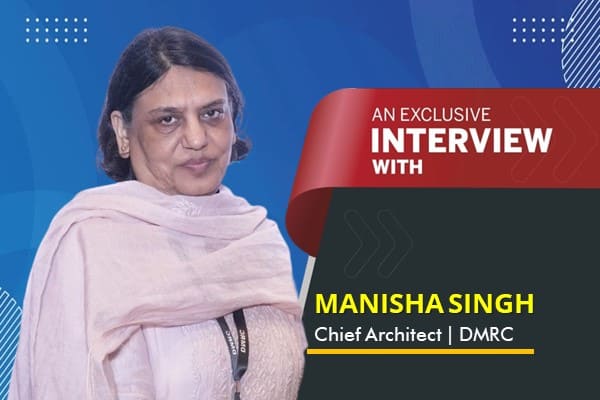 How Delhi Metro is reimagining urban architecture for a sustainable public transport?
How Delhi Metro is reimagining urban architecture for a sustainable public transport?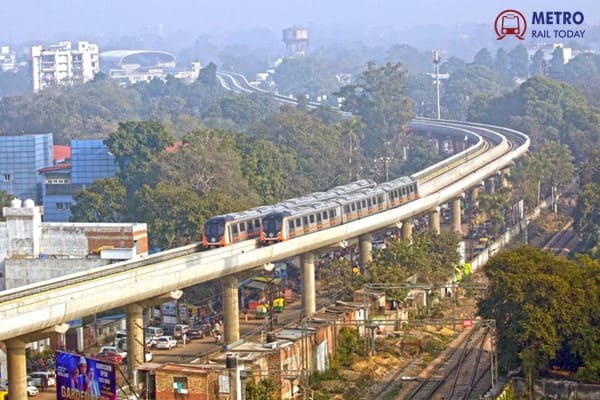 Why India needs a dedicated Ministry for Metro Railways?
Why India needs a dedicated Ministry for Metro Railways?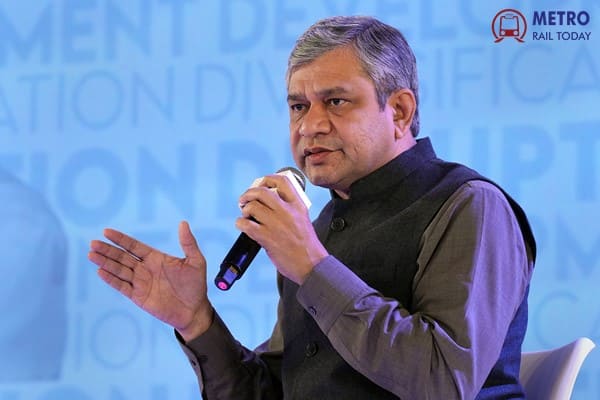 How Ashwini Vaishnaw is shaping India's Railways, Digital Future and Manufacturing Rise?
How Ashwini Vaishnaw is shaping India's Railways, Digital Future and Manufacturing Rise?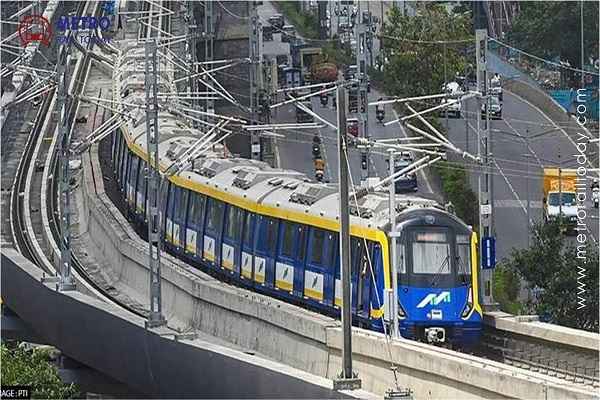 Dev–N.Rose bags ₹201.49-crore Architectural Works contract for 7 stations of Mumbai Metro Line 2B
Dev–N.Rose bags ₹201.49-crore Architectural Works contract for 7 stations of Mumbai Metro Line 2B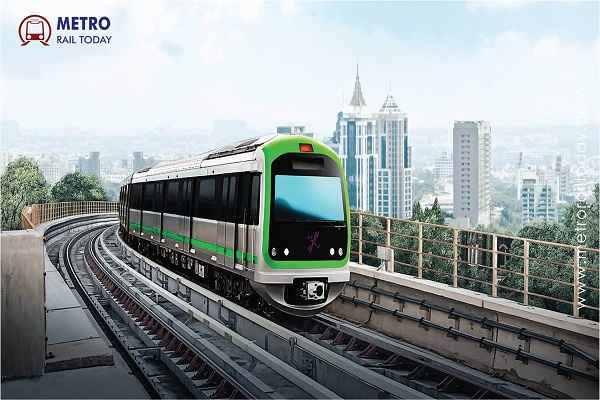 Bangalore Metro to float tenders for ₹25,311 crore Hosahalli–Kadabagere Metro Line
Bangalore Metro to float tenders for ₹25,311 crore Hosahalli–Kadabagere Metro Line
Kalpataru-HG Infra Engg JV wins ₹1,415 Crore EPC Contract for Thane Metro Rail Project
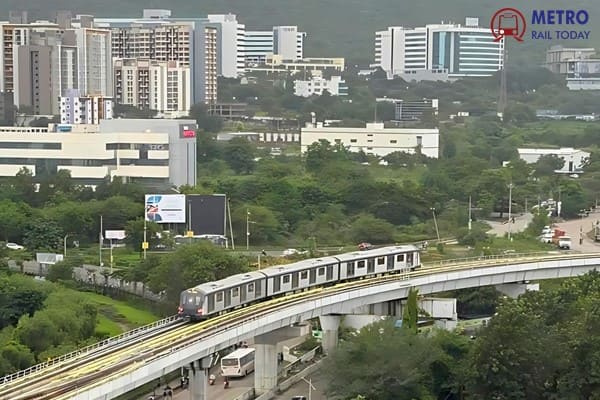
Mumbai, India (Metro Rail Today): Maharashtra Metro Rail Corporation Limited (Maha-Metro), the implementing authority, has declared the Kalpataru Projects International Limited (KPIL) - H.G. Infra Engineering Limited (HGINFRA) Consortium as the lowest bidder for the project, which involves building a crucial 20.5-kilometre elevated metro viaduct.
The joint venture has been formed specifically for this package, with Kalpataru Projects holding a 60 percent stake and HG Infra Engineering the remaining 40 percent. Together, the two companies will design and construct a major backbone segment of the Thane Ring Metro—an urban mobility project designed to ease congestion in one of Maharashtra’s most densely populated and traffic-heavy regions.
A Strategic Mobility Push for Thane
The Thane Integral Ring Metro Project is expected to redefine connectivity for a city struggling with overburdened roads and soaring vehicular density. Once operational, the project will improve interchanges between upcoming metro corridors, reduce travel time within the district, and help cut pollution levels caused by excessive road traffic.
The viaduct awarded under the EPC model will form a central structural component of this ring network. It stretches 20.527 kilometres from the underground ramp to Balkum Naka and also includes the construction of the Depot Approach Viaduct and three complex special spans. These spans are designed to navigate constrained urban spaces and integrate the elevated structure with existing road and utility networks.
Project Scope and Scale
Under the 36-month execution timeline, the Kalpataru Projects-HG Infra Engg JV will handle every aspect of the project—from structural design and engineering to material procurement, onsite construction, quality checks, and final commissioning. Given the corridor's length and the complexities of metro-grade viaduct construction, the project demands advanced construction technologies, along with intensive coordination between multiple engineering teams.
Both companies bring strong credentials to the table. Kalpataru Projects has an extensive track record in large-scale infrastructure, while HG Infra Engg has emerged as one of India’s most reliable highway and metro civil contractors. Their combined expertise is considered a strategic advantage for delivering this project on schedule.
Financial Positions of Bidders
- Kalpataru Projects - HG Infra Engg JV: ₹1,415 crore (L1)
- GR Infraprojects Ltd: ₹1,657.85 crore (L2)
- Afcons Infrastructure Ltd: ₹1,675.80 crore (L3)
- J Kumar Infraprojects Ltd: ₹1,755.95 crore (L4)
- Larsen & Toubro Ltd (L&T): ₹1,836.00 crore (L5)
However, RVNL-SP Singla-SAM India JV were declared disqualified.
Metro Expansion Gains Momentum in Maharashtra
For Maha-Metro, this contract award is another milestone in its aggressive metro expansion across Maharashtra, covering Pune, Nagpur, Nashik, and now Thane. The Thane Ring Metro is expected to become a key circulatory corridor that improves last-mile connectivity and supports the city's rapid residential and commercial growth.
With the lowest financial bid and proven technical capacity, the HG Infra–Kalpataru consortium is now preparing to begin mobilization. Construction is expected to start soon after the formal signing of the agreement and site handover.
As Thane prepares for a dramatic upgrade in transport efficiency, the ₹1,415-crore viaduct package marks a significant move toward achieving seamless, modern, and sustainable mobility. Once completed, the elevated corridor is expected to transform intra-city travel, reduce congestion on arterial routes, and anchor future metro integration across the Mumbai Metropolitan Region (MMR).




